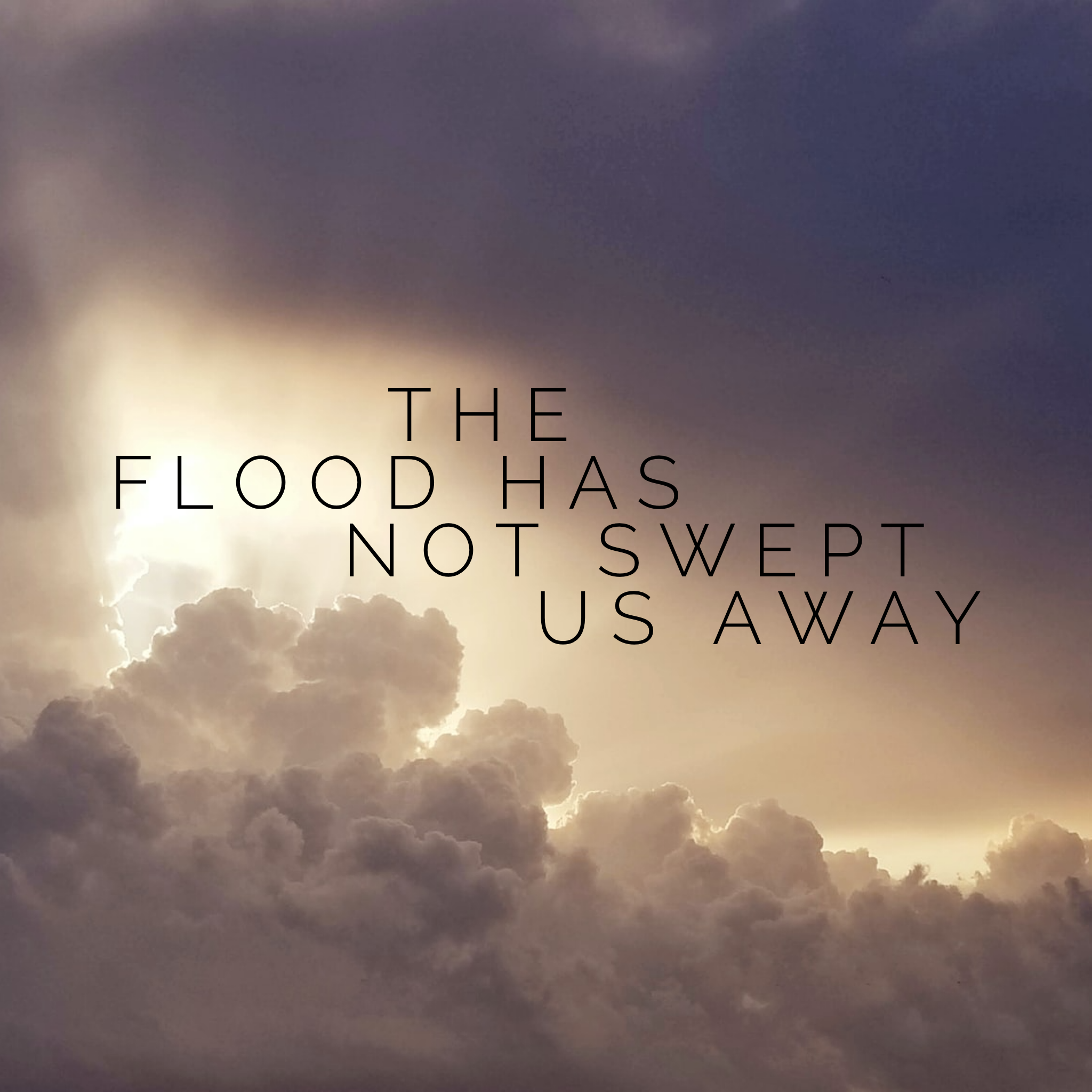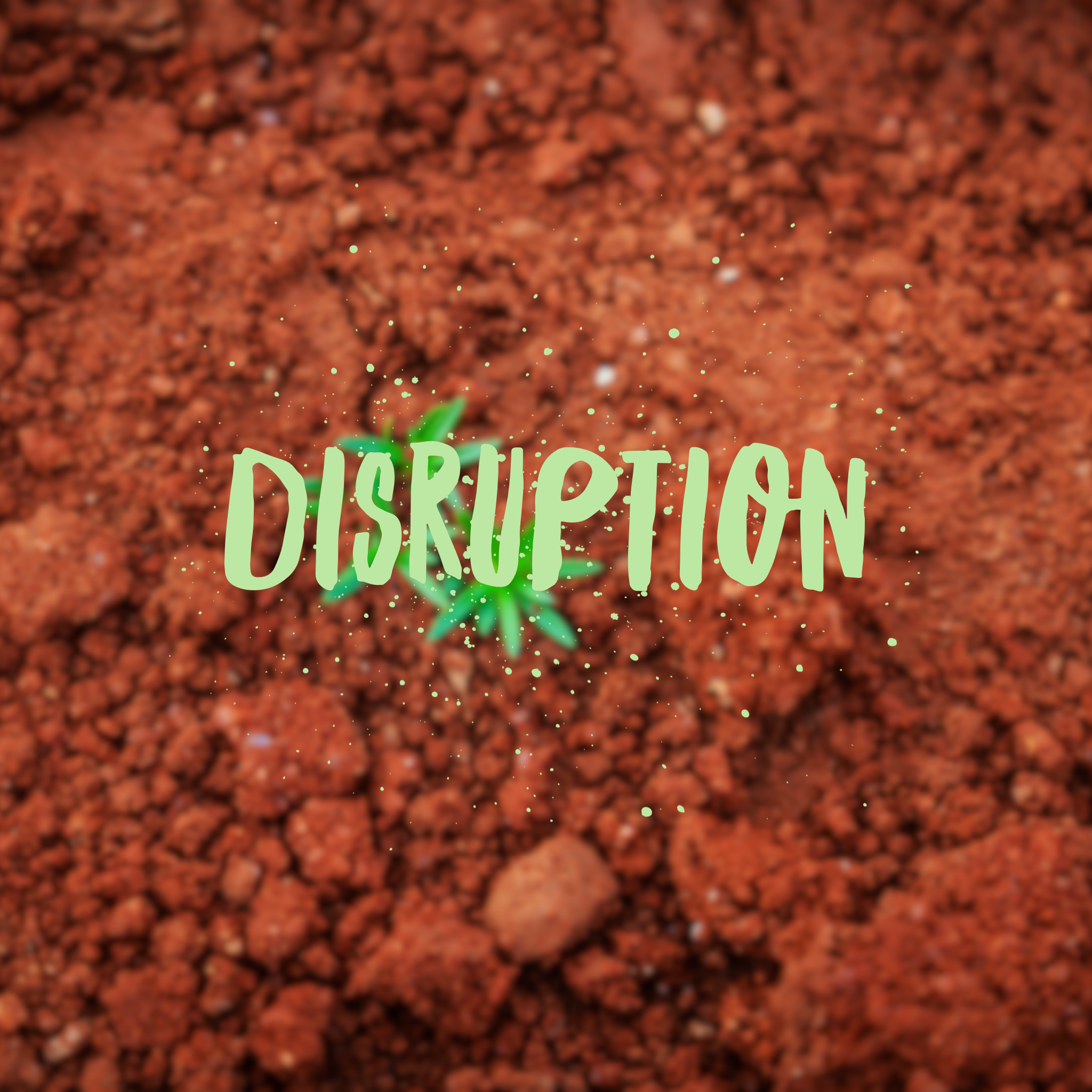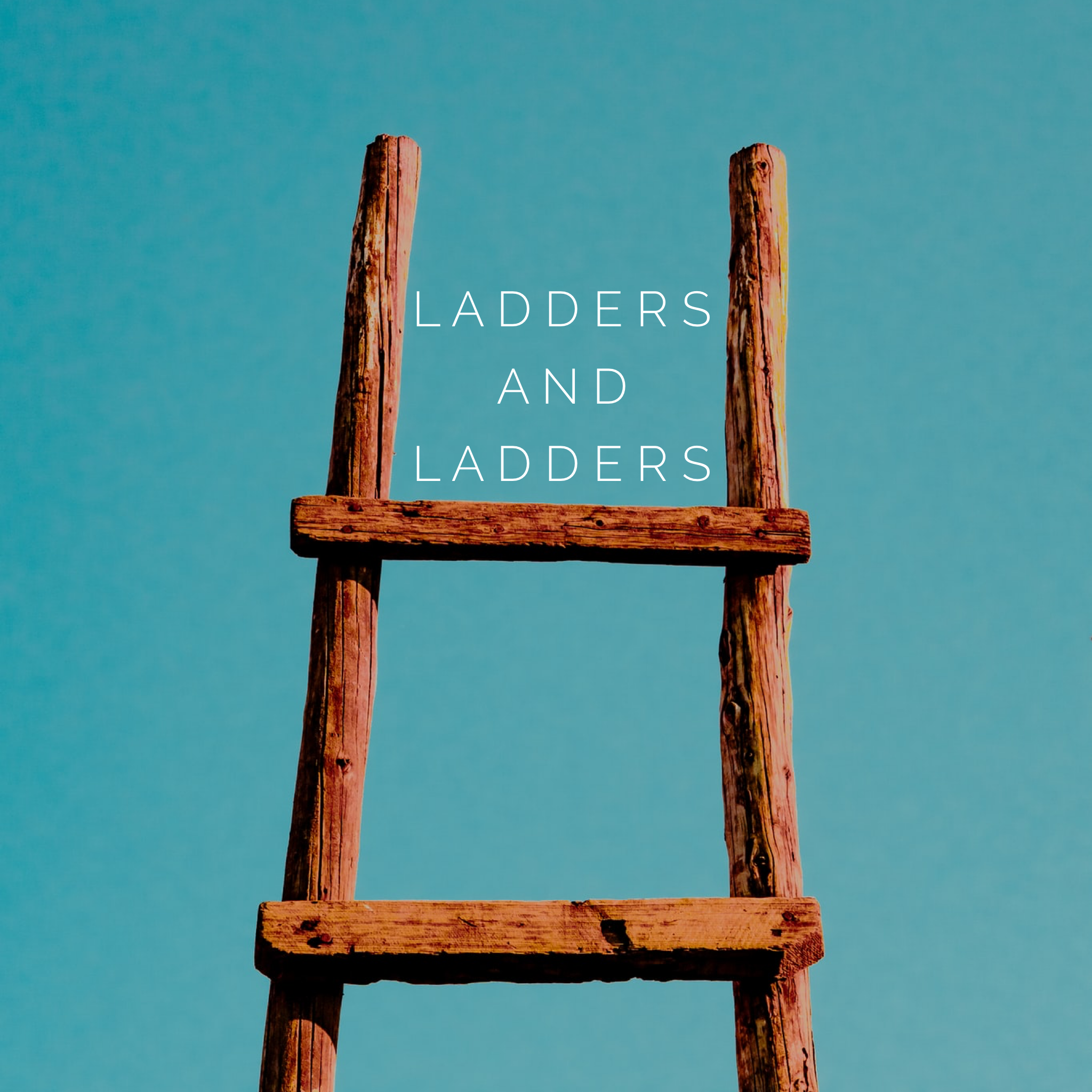Hebrews 12:1-2 says, “Therefore since we are surrounded by such a great cloud of witnesses, let us throw off every encumbrance and the sin that so easily entangles, and let us run with endurance the race set out for us. Let us fix our eyes on Jesus, the author and perfecter of our faith, who for the joy set before Him endured the cross, scorning its shame, and sat down at the right hand of the throne of God.”
This is Mike Pence’s remix of that verse from his speech on Wednesday night: “Let’s run the race marked out for us. Let’s fix our eyes on Old Glory and all she represents. Let’s fix our eyes on this land of heroes and let their courage inspire. And let’s fix our eyes on the author and perfecter of our faith and freedom and never forget that where the spirit of the Lord is there is freedom—and that means freedom always wins.”
I’m sure his aim was piety because his base loves the mingling of God and country. Yet let me say this very firmly and very clearly: This is not piety but idolatry. Centering this country and its flag into a passage that is about the Christ who laid down his life out of love for the entire world is wrong. There is no working around how wrong this is. This is Golden Calf level stuff here.














